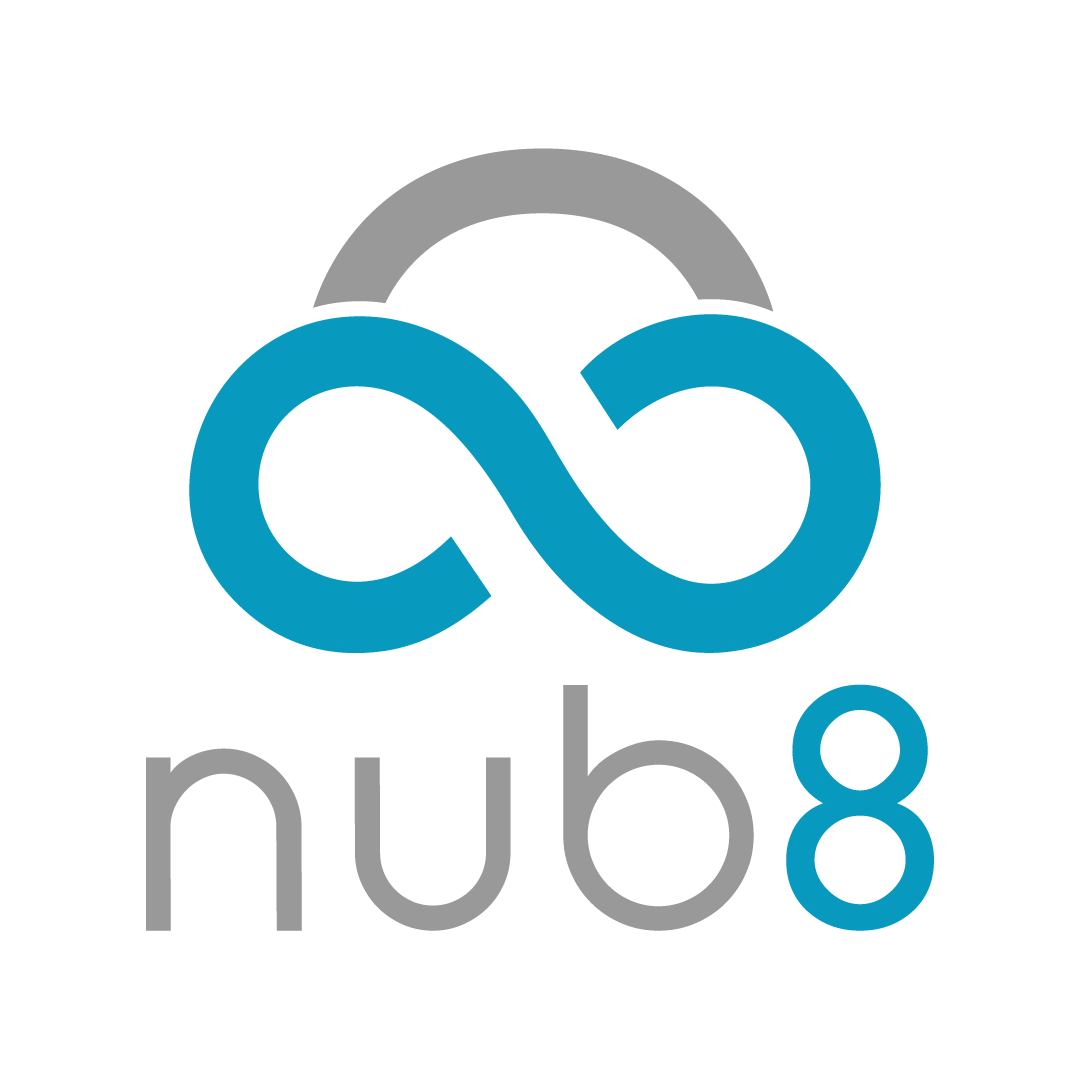What is Multicloud?
A Multicloud refer to the use of two or more cloud systems to guarantee maximum uptime for websites, complete availability of resources, better defense against outages and cyberattacks, and more. In this sort of setup, one type of cloud might be used for precise requests, and alternative cloud would handle other requests. In short, as most companies now run multiple clouds, to address a whole slew of requirements. Multi-cloud is a dynamic strategy of mixing and matching workloads across multiple public cloud vendors (e.g. AWS, Azure, Google, IBM, Oracle), handled under one platform, to attain long term corporate objectives.
Multicloud vs Hybrid Cloud
A Hybrid Cloud identifies to a pairing of a private cloud and public cloud. Organization would like leverage this model when they want to keep the security and privacy of sensitive data within an on-site cloud solution – or within a privately hosted cloud. A hybrid solution relies on a private data center, yet leverages the advanced computing resources of a public solution.
Multicloud strategy can include the use of a hybrid environment but relies on more than one public cloud. The strategy may reduce the need for cloud migration, as some data can remain on the enterprise’s servers.
Benefits of Multicloud
1. More Options
When integrating multiple clouds into a company’s cloud strategy, decision makers are able to line up their requirements with the best cloud-hosting providers for each individual task. By having multiple options, users can attain a high level of agility and match each part of their business to a precise provider’s setup and implementation terms. Instead of bending your processes to fulfill a provider’s requirements, you have the liberty to access multiple options, each offering the best match for diverse parts of your corporate.
2. Minimize vendor lock-in
The ability to deploy your solutions on different cloud providers has the clear advantage of reducing dependency on a single vendor. The resultant lower level of lock-in improves your situation in negotiating with vendors for better SLA and costs. The ability to effortlessly switch vendors means that you can take gain of the most attractive offers available at any given time.
3. Reduce downtime possibilities
All cloud providers like Microsoft, Amazon, Google have multiple geographic regions and multiple datacenters within each region from which to host your environment. While outages don’t happen often, they can happen and cause key disturbances when they do. A Multicloud approach can benefit you alleviate major IT disasters by not putting all of your eggs into one basket. Going Multicloud allows you have to a discrete, independent replica of your application on another cloud provider’s infrastructure that you can position in the case that one vendor goes down.
Nub8 provides Multicloud strategy consultancy with key features as:
• Access 24/7 performance intensive care across cloud environments, with visibility into all resources
• Recognize uncommon changes of behavior
• Manage budget with combined views of account and regional spend
• Identify and address utilization issues
• Track compliance goals and classify compliance issues across cloud environments
• Guarantee ongoing compliance with active policy implementation
